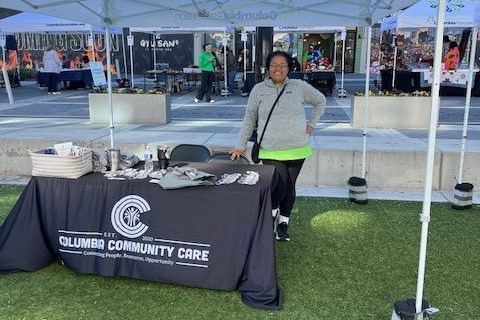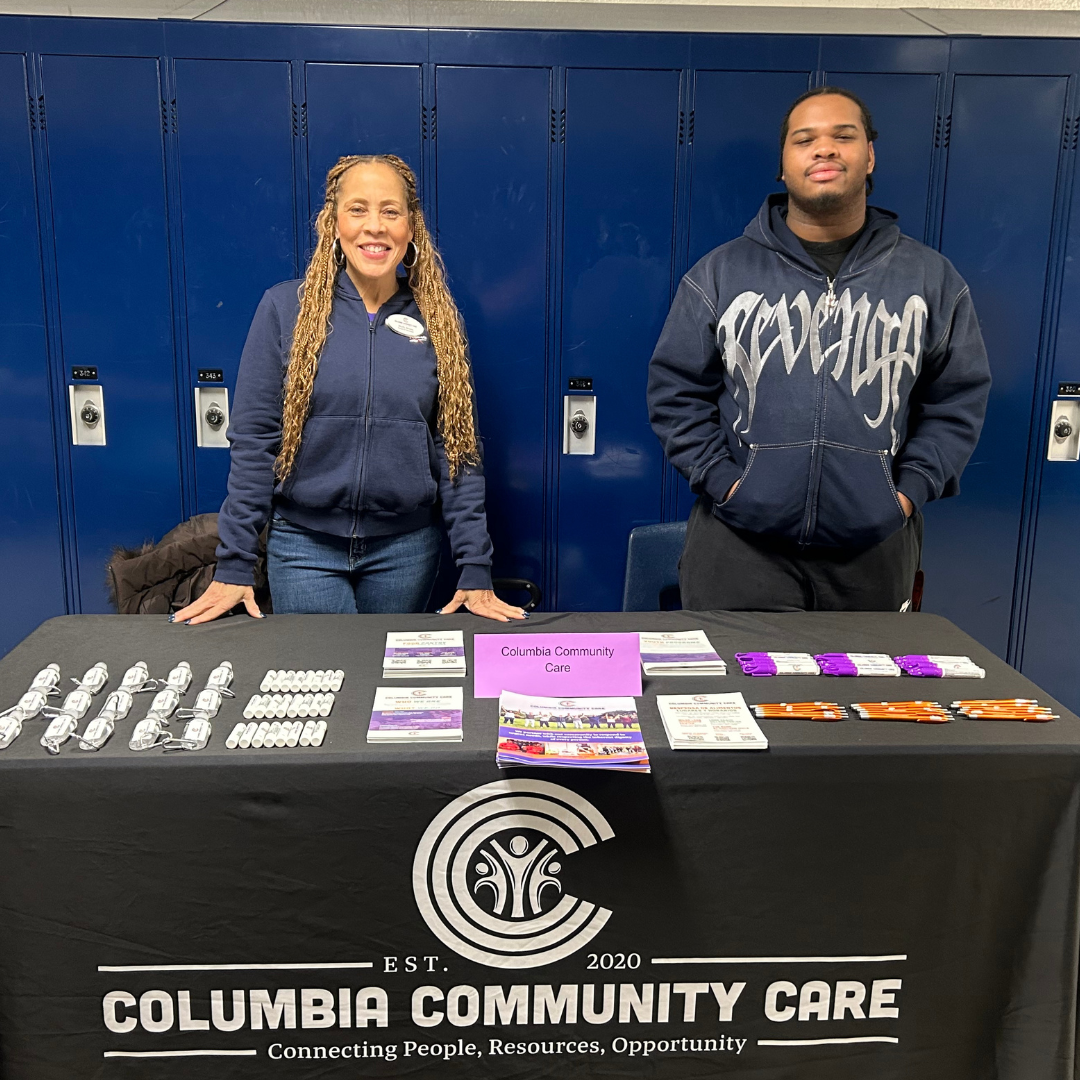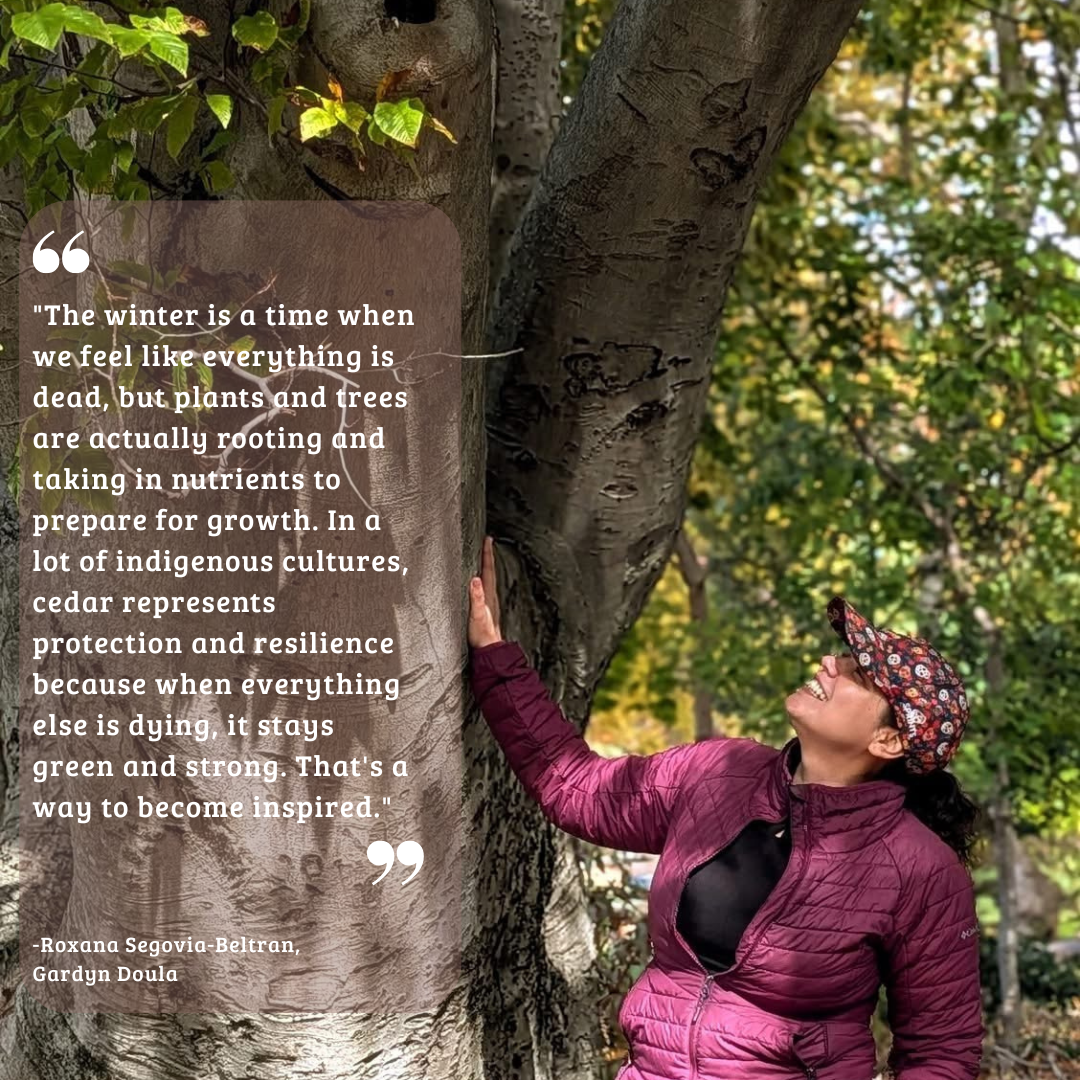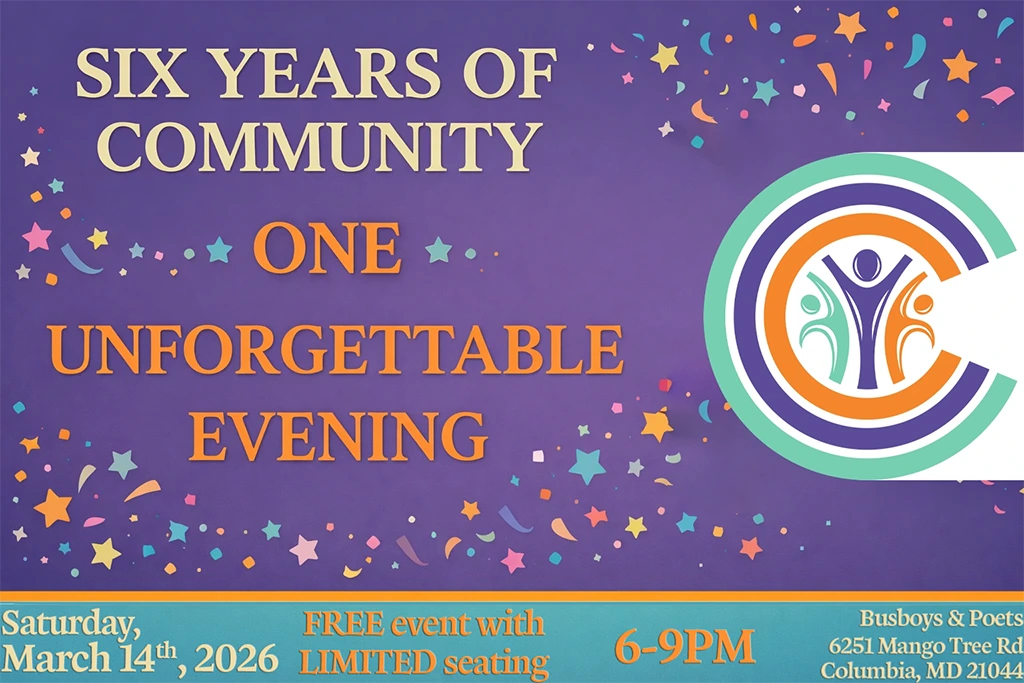A Childhood Marked by Hunger
Jessica Nichols, Board Chair of Columbia Community Care (CCC), doesn’t just support the mission—she lives it. Her commitment stems from deeply personal experiences growing up in rural Texas with a single mother. Despite her mother’s hard work and full-time job as a nurse, they struggled to afford food.
“I remember nights where we just went to bed hungry,” Nichols says. “My mom did everything right, but it was never enough.” Earning a degree while raising two daughters, her mother faced the harsh reality of financial insecurity.
They often ran out of food five or six days before payday. Nichols calls this being “peanut butter poor”—relying on spoonfuls of peanut butter before school or bed when there was nothing else to eat.
Early Lessons in Survival and Hustle
Living behind a grocery store only made things harder. “There was food all around us, but none for us,” she recalls. Determined to help, Nichols befriended delivery drivers and persuaded them to share extra snacks. She resold those to classmates to buy groceries for her family.
Even as a child, she recognized systemic unfairness—and found a way to act.
Stepping Up During the Pandemic
When the COVID-19 pandemic hit, CCC founder Erika Chavarria reached out for help delivering meals to students. Nichols didn’t hesitate.
“I knew exactly what those kids were feeling—hunger during summer, hoping to be invited to dinner at a friend’s house,” she said. “I couldn’t let another child go through that while I could still breathe.”
That moment rekindled a lifelong drive to serve. When Chavarria launched Columbia Community Care, Nichols stepped up as Board Chair.
Fighting for Families Who Fall Through the Cracks
Nichols points to a sobering fact: nearly 29% of Maryland households are ALICE—Asset Limited, Income Constrained, Employed. These families earn too much to qualify for aid but too little to cover essentials. She understands their struggle firsthand.
“In one of the richest counties in the country, families still go to bed hungry,” Nichols emphasizes. “We were one of those families. We had no place to turn, no help—because my mom earned just enough to be excluded.”
Turning Pain Into Purpose at CCC
Today, Nichols dedicates herself to the very work she once needed. Columbia Community Care doesn’t just feed people—it creates hope, restores dignity, and fills critical gaps for families like hers.
“Every box of food, every volunteer shift, every donation is a chance to make sure fewer kids go to bed hungry,” she says. “I’m working to be the help my family never had.”




